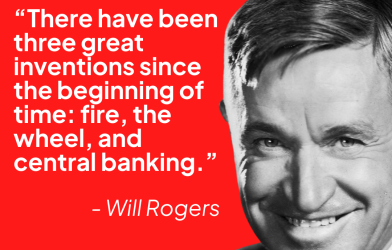Urbanization and the development of smart cities are transforming the global economic landscape, offering numerous benefits that contribute to economic growth, efficiency, and sustainability. This article explores the various economic advantages of these trends, highlighting the ways in which urbanization and smart city initiatives can drive progress and prosperity.
One of the primary economic benefits of urbanization is the concentration of resources, talent, and industries in urban areas. Cities are hubs of innovation where diverse groups of people interact, exchange ideas, and collaborate. This concentration leads to higher productivity as businesses benefit from a larger pool of skilled labor, advanced infrastructure, and proximity to suppliers and customers. Moreover, urban environments foster innovation by providing a fertile ground for startups and tech companies to thrive, further driving economic growth.
Urbanization necessitates the development of advanced infrastructure, including transportation systems, communication networks, and utilities. Smart cities take this a step further by integrating technology into the infrastructure, leading to more efficient and effective services. For example, smart grids optimize energy consumption, reducing costs and environmental impact. Efficient public transportation systems reduce traffic congestion, lower pollution levels, and save time for commuters. These improvements enhance the quality of life for residents and attract businesses, boosting the local economy.
Cities that embrace smart technologies attract significant investment from both public and private sectors. Governments and international organizations often fund smart city projects to promote sustainable development. Private investors are drawn to the potential for high returns from technological advancements and infrastructure improvements. This influx of investment stimulates economic activity, creates jobs, and drives innovation in various sectors, from real estate to technology.

Urbanization and the development of smart cities generate a wide range of employment opportunities. The construction of infrastructure, implementation of technology, and maintenance of smart systems require a diverse workforce, from engineers and IT specialists to construction workers and urban planners. Additionally, the presence of advanced infrastructure and technology attracts businesses from various industries, leading to economic diversification. This diversification reduces reliance on any single sector, making the economy more resilient to shocks.
Smart cities leverage technology to manage resources more efficiently, leading to cost savings and environmental benefits. For instance, smart water management systems monitor usage and detect leaks, reducing water waste. Intelligent waste management systems optimize collection routes, saving fuel and reducing emissions. These efficiencies translate into lower operational costs for cities and businesses, allowing for the reallocation of resources to other economic activities.
Economic growth driven by urbanization and smart city initiatives directly contributes to an improved quality of life for residents. Enhanced infrastructure and services mean better healthcare, education, and public safety. Smart technologies can provide real-time information on air quality, traffic conditions, and public services, empowering citizens to make informed decisions. A higher quality of life attracts talent and businesses, creating a positive feedback loop that sustains economic growth.
Cities that successfully implement smart technologies gain a competitive edge on the global stage. They become attractive destinations for multinational corporations, entrepreneurs, and skilled professionals. This competitiveness can lead to increased exports, foreign direct investment, and tourism, all of which contribute to economic growth. By positioning themselves as leaders in innovation and sustainability, smart cities can secure their place in the global economy.
The economic benefits of urbanization and smart cities are manifold, encompassing increased productivity, enhanced infrastructure, attraction of investment, job creation, efficient resource management, improved quality of life, and global competitiveness. As cities around the world continue to grow and evolve, embracing smart technologies will be crucial for maximizing these benefits and ensuring sustainable, inclusive economic development. By investing in urbanization and smart city initiatives, governments and businesses can create thriving, resilient economies that meet the needs of their citizens both now and in the future.












